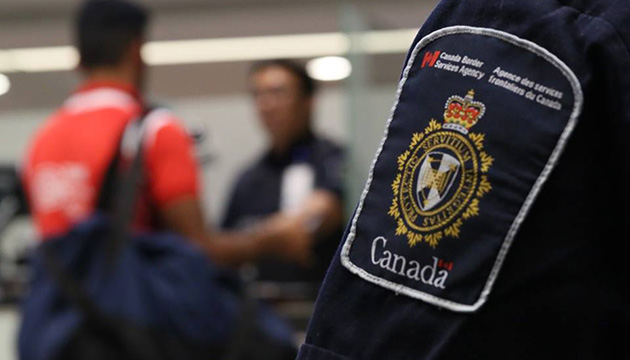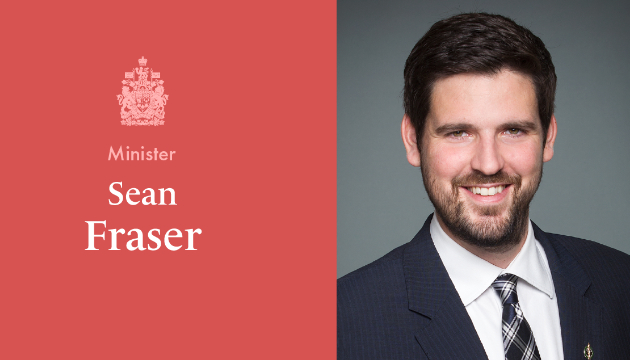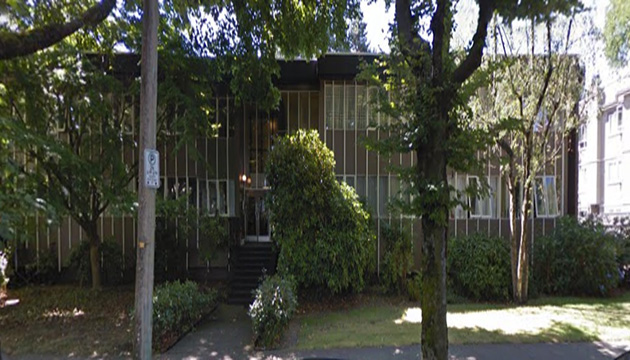Canada has an enviable global reputation as a liberal and progressive country with its recognition of same sex marriage, LGBTQ rights, gender parity, and most recently, legal recreational cannabis.
Canada is known as a safe and peaceful country with a national policy of diversity, a stable multiethnic democracy and a strong economy. It is considered one of the top best 10 countries in the world as a staunch defender of human rights, having a solid record on core civil and political rights protections that are guaranteed by its Charter of Rights and Freedoms.
Although its founders were French and Anglo-saxons, Canada today has no official religion, race or culture. Every Canadian, regardless of faith or ethnic origin, is as Canadian as everybody else. Tolerance that comes with multiculturalism is what unites Canadians, at least that’s what Liberal Canadians like to believe.
With the rise of populism, nationalism, protectionism and racism in the United States and Europe, Canada is the only country in the west that still welcomes immigrants and refugees with open arms. Recent polls and studies, however, show that more and more Canadians now feel that it’s time to close the door and put away the welcome mat.
Canada’s current population is estimated at about 37 million and it is aging rapidly so that by 2036, seniors could represent more than 25% of its total population. With low fertility rates, high divorce rates and longer life spans, Canada has been welcoming skilled professional migrants to meet the required labor for Canada’s economic growth and development.
With the arrival, however, in the last two years of thousands of Middle Eastern refugees and irregular border crossings of asylum seekers from the United Sates, sensitive questions have arisen from the resulting chaotic crisis: Is Canada’s refugee policy too lenient? Out of control? Should Canada’s immigration be based solely on merit as with the current point system or more on compassionate and humanitarian grounds as recently announced by its Liberal Prime Minister?
Recent Changes in Canadian Attitudes towards immigrants and refugees
Documenting Hate, a documentary from CBC’s The Passionate Eye, aired in October 2018. Dr. Barbara Perry, an expert on hate crime was quoted as saying Canadians should be concerned about the rise of hate groups in this country. Most of these groups are organized around ideologies against religion and race — with anti-Muslim and anti-Jewish sentiments being the most common, followed by hate against immigrants, Indigenous people, women, LGBTQ communities and other minorities.
Statistics show that hate crimes are on the rise in Canada. Criminal incidents motivated by hate reported to police rose by 3 per cent from 2015 to 2016, for a total of 1,409 crimes. According to Perry, most of these hate crimes documented by police are by individuals who are not part of hate groups. Of these crimes, 43 per cent were deemed violent offences, which included assault, uttering threats and criminal harassment — accounting for a 16 per cent increase from the previous year.
In a 2017 survey, the majority of Canadians indicated that they agree that Canada should accept fewer immigrants and refugees. The Radio-Canada poll released in March 2017 showed 74 per cent said they also support screening for anti-Canadian values as a way to keep terrorism out of the country.
This is in sharp contrast with an October 2016 study of Canadian values by pollster Angus Reid which showed that about 68% of those polled said they wanted minorities to do more to fit into the mainstream, the same number also said they were nonetheless happy with how the immigrants were integrating themselves into the community. Further, 79% of Canadians believe immigration policy should be based on the country's economic and labour needs, rather than on the needs of migrants to escape poverty and corruption in their home countries.
In an analysis of the survey, Reid wrote that Canadians' commitment to multiculturalism is not increasing, and that the United States and European nationalist movements have affected the Canadian attitudes toward immigrants and refugees. Reid also expressed his uncomfortableness in the increasing illiterate refugee immigrants that can affect the fabric of Canadian society and compromise the current quality of life for Canadians in general.
A 2017 poll found 37% of Canadians said too many refugees were coming to Canada, up from 30% in 2016. The 2017 poll also asked respondents about their comfort levels with surface diversity, like around people of different races and religions, a question that was also asked in 2005-06. This year, 89% said they were comfortable around people of a different race, down from 94% in 2005-2006.[63]
In affluent enclaves of Vancouver, the ramblings among white condo owners (known as mainstream Canadians) against having their strata documents and bylaws translated into Chinese for the benefit of Chinese residents are becoming louder and more forceful in 2018 with demands from white owners that the Chinese residents learn English or have their children translate the documents themselves instead of using strata funds for the translation and printing of strata documents into Chinese.
While Jews and Muslims are targeted in the U.S. and Europe, Chinese and Muslims are getting the hate in Canada. Anti Chinese sentiment is strongest in Richmond, B.C. where more than 50% of the city’s population is Chinese. They were blamed for traffic congestion, unaffordable housing and rising cost of living. Racist flyers were circulated that claimed wealthy Chinese immigrants use Canadian social services without paying taxes because only unemployed wives and children live in Canada while the husbands work and live in China.
The poll of the Asia Pacific Foundation of Canada (APFC) found that 46% of Canadians said they felt threatened by the growing Chinese presence in their country.
The University of Toronto and the McGill Institute for the Study of Canada partnered with Ipsos Observer in a 2017 study to ask 1,522 Canadians their views on immigration in January. Almost a third of Canadians said the government should discriminate against Muslims when selecting foreigners to move to the country and a third want to discriminate against people of colour to prioritize white immigrants. More than 65 per cent think immigrants have a responsibility to behave "more like Canadians."
With the influx of illegal asylum seekers crossing the borders from the United States, immigrants and asylum seeking refugees have become hot topics of discussions in Canada. The border situation may get more complicated. In October 2018 a caravan of migrants marching from Central America to cross the Mexican borders into the U.S. attracted mass media coverage. People fleeing poverty in El Salvador, Nicaragua and Guatemala joined the migrants from Honduras on this march swelling the number to about 7000 in just 3 days after the march started in early October. Canadians are closely watching this movement of thousands of poor migrants, fearful that if they reach the U.S. where they are not wanted, they may end up crossing another border illegally to seek asylum in what they assume as a more welcoming Canada.
In fact, illegal migrants in the U.S. who perceive Canada as a better option than deportation which they face if they remain in the U.S. have already resorted to crossing the porous US-Canada borders illegally to seek asylum in Canada since late last year. This has upset many Canadians whose farms and woodlands had been overrun by throngs of Haitians and Nigerians as they try to find their way to the nearest refugee office to file their asylum claims.
Overnight what used to be polite and hushed debates among Canadians over racism has suddenly become open, vocal, and often belligerent. These days, when it comes to immigration, asylum seekers and refugees, many polite Canadians are no longer polite.
Hateful words are shouted at bearded men of color on the streets, Syrian refugees had been pepper sprayed as they come out of their mosques. Women wearing hijabs in public places had been told to “go back where you came from; your head scarves are not wanted here.” Hostile protestors have confronted asylum seekers at border crossings in Quebec.
If openly talking about this unfortunate backlash against immigrants and refugees will clear the air of resentment and bitterness, then let the conversation and debate continue. Hopefully, dialogue will help Canadians to better understand the problems and benefits of immigration and arrive at a solution for the common good of all. But will it?
What do you think? Share your views with our readers with a letter to the editor at:












